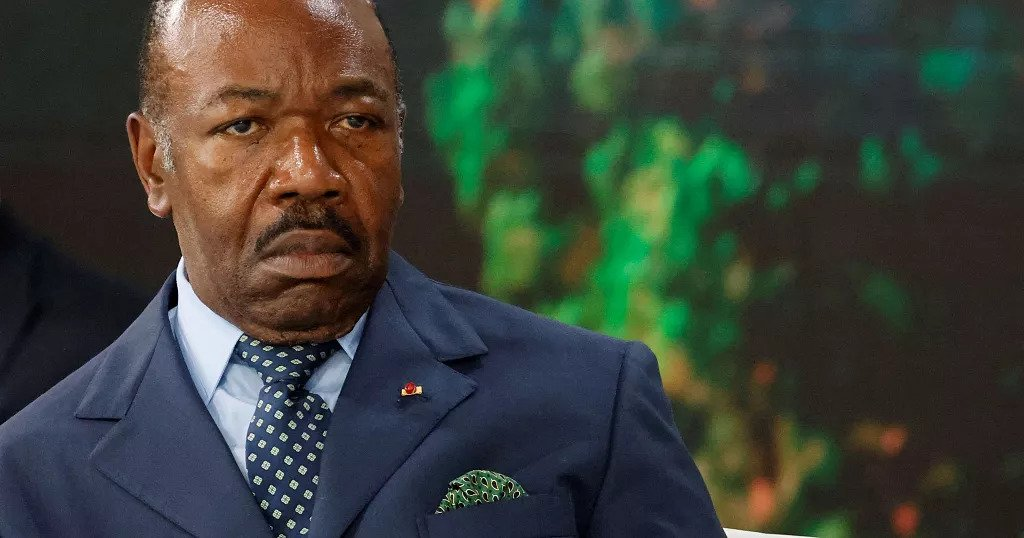Gabon finds itself in the grip of political turmoil, reminiscent of recent events in West Africa, army officers have taken control of the nation, upending the results of a disputed election.
This development, coming on the heels of ECOWAS’ resolute stance in Niger’s coup crisis, underscores the delicate balance between democracy and military intervention on the African continent.
In an early morning broadcast, twelve soldiers appeared on national television, asserting that they were nullifying the outcome of Gabon’s recent election, where President Ali Bongo had been declared the victor.
The electoral commission’s proclamation of Bongo’s win had faced vehement opposition from the opposition, who alleged electoral fraud.
This announcement marks a striking shift, potentially ending the 53-year dominance of Bongo’s family in Gabon’s political landscape.
The echoes of West Africa’s recent challenges reverberate here as well. Much like the Sahel region’s struggles with democratic governance and insurgent threats, the soldiers in Gabon invoked reasons tied to their nation’s stability.
The Committee of Transition and the Restoration of Institutions, as the soldiers identified themselves, emphasized the need to protect peace and curb the “irresponsible, unpredictable governance” that they claimed had led to societal deterioration.
This upheaval brings to light the complexities of military interventions, especially within the context of fragile democracies.
As we’ve witnessed in Niger, where ECOWAS threatened military action against a coup, the line between upholding democratic order and preventing political chaos can be blurred.
Gabon’s situation adds to the tapestry of these complexities, as the country grapples with a disputed election outcome.
Yet, this apparent coup in Gabon seems far from settled. The sounds of gunfire echoed in the capital, Libreville, following the soldiers’ announcement, suggesting the potential for resistance.
This resistance, coupled with the unknown whereabouts of President Ali Bongo, hints at a nation teetering on the precipice of change.
In a digital age, political upheavals are further magnified. Internet access had been cut after the election, ostensibly for security reasons.
However, it was swiftly reinstated after the apparent takeover. A curfew was also imposed, underscoring the military’s efforts to establish control.

